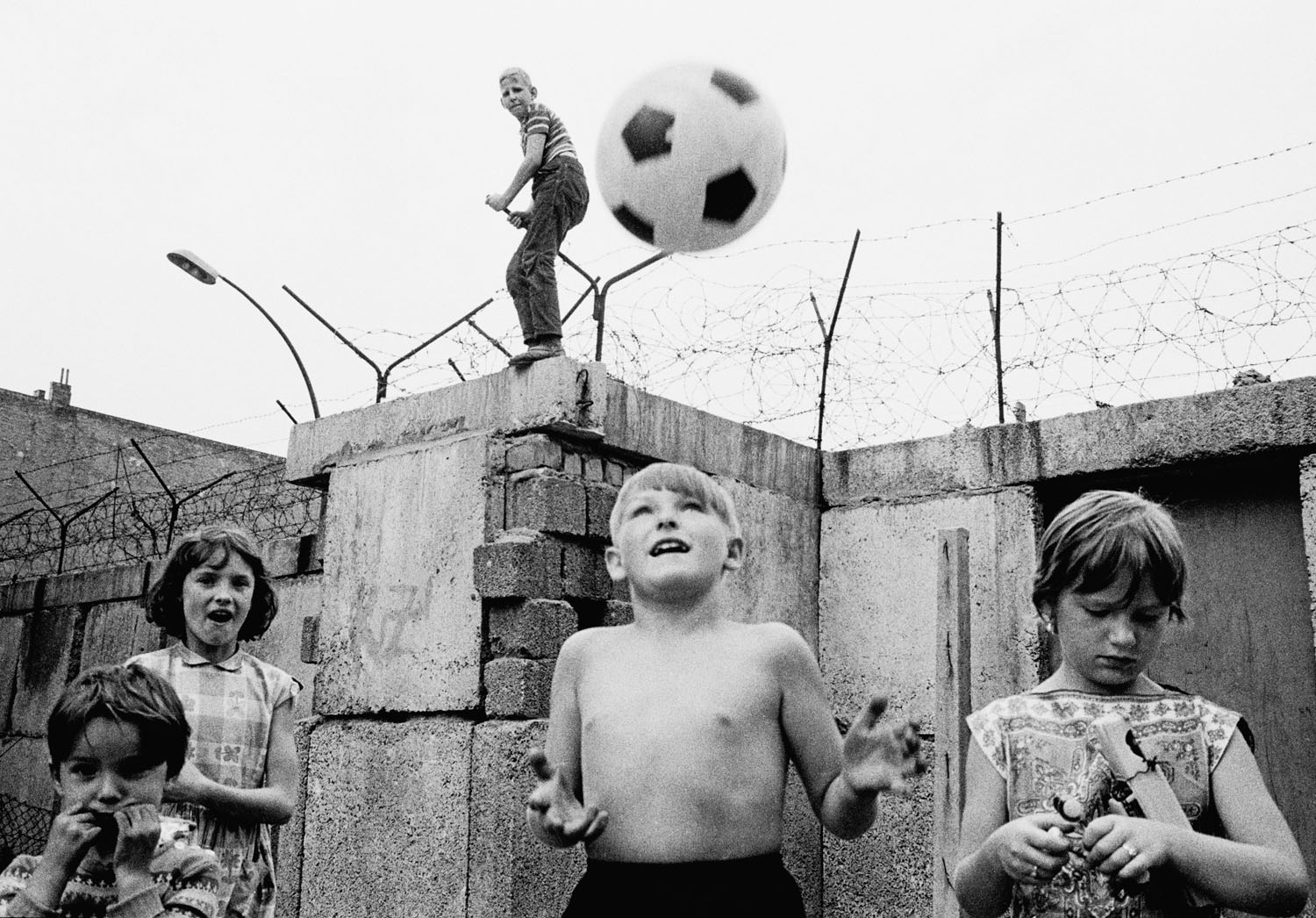
Magnum photographer Thomas Hoepker’s upcoming book Views of a Vanished Country contains photographs of East Germany shot over a period of some 30 years. It gives a unique look into the daily life of East Germans from the time the Berlin Wall was erected to the time it was demolished. TIME talked with Hoepker about his book.
Your book Views of a Vanished Country is a very comprehensive look at life in East Germany from the late 1950s up until the late 1980s. How did you come to work in East Germany?
I have worked for [West] German magazines since the 1950s. My first assignment in East Berlin was in 1959, where I photographed the celebrations of “10 years GDR.” In 1963 I did a story on children who lived in the shadow of the Berlin Wall — on the western side. But working in East Germany proved to be very difficult, full of bureaucratic hurdles. It was a closed, foreign and alien country.
Finally, in 1972, an agreement was signed between the two German states, which allowed an exchange of journalists. At the time, I was a staff photographer at Stern magazine, and I was married to Eva Windmöller, a Stern writer. We were asked if we wanted to work from East Berlin. After some hesitation, we agreed and moved into one of the socialist prefab housing projects in East Berlin. We had an official press pass as foreign correspondents, and our car had a blue license plate, which allowed us to move around the county and to cross the Iron Curtain between East and West Berlin.
It is 50 years now since the construction of the Berlin Wall began. Your book details the many changes that took place while the wall divided Germany. Are the rifts that made that happen still evident today?
After the wall came down in 1989, an incredible amount of change happened in the eastern half of Germany. The infrastructure went through drastic renovation. Most houses and historical monuments were restored or rebuilt. Today the lifestyle in the East shows hardly any difference compared to former West Germany. If anything, the former East looks more modern and cleaner now than some places in the West. However, there is still some resentment towards the “Wessis” [Westeners]. Strangely, there are pockets of neo-Nazism and racism in the former East or, occasionally, a nostalgic longing for the good old days of cozy socialism, where the state told you what to do and provided some measure of security. We call this phenomenon “Ostalgia.”
As a German, how did the construction of the Berlin Wall affect you? And the tearing down of the wall?
Living in Hamburg at the time the wall was built, this did not affect me directly and personally. But of course it came as a heavy shock, especially since we had family and friends living in the East. Over time, the majority of West Germans had kind of accepted the reality of this absurd and deadly wall.
When it came down in 1989, I was incredulous and overjoyed at the same time, especially since I had lived in that country and had close friends who had suffered from the tyranny of the system.
How did working in the GDR affect your career as a photographer?
Not sure if it did. But it provided me, over time, with a solid body of work, which has now jelled into two books and a series of five exhibitions, which are now shown in German museums.
Is there anything else that you would like to add?
I’m glad that I got a few rather funny pictures from a country which took itself
very seriously.
Thomas Hoepker’s book Views of a Vanished Country will be released in the U.S. on Aug. 31, 2011. More information about the book can be found here. And more of Hoepker’s photographs can be seen at his profile page at Magnum Photos.
* Editor’s note: In an earlier version of this photo-essay, the caption of the first picture misidentified the location as the GDR, when in fact the photograph was taken in West Germany. An image was also dated 1959 when in fact the photograph was taken in 1963.
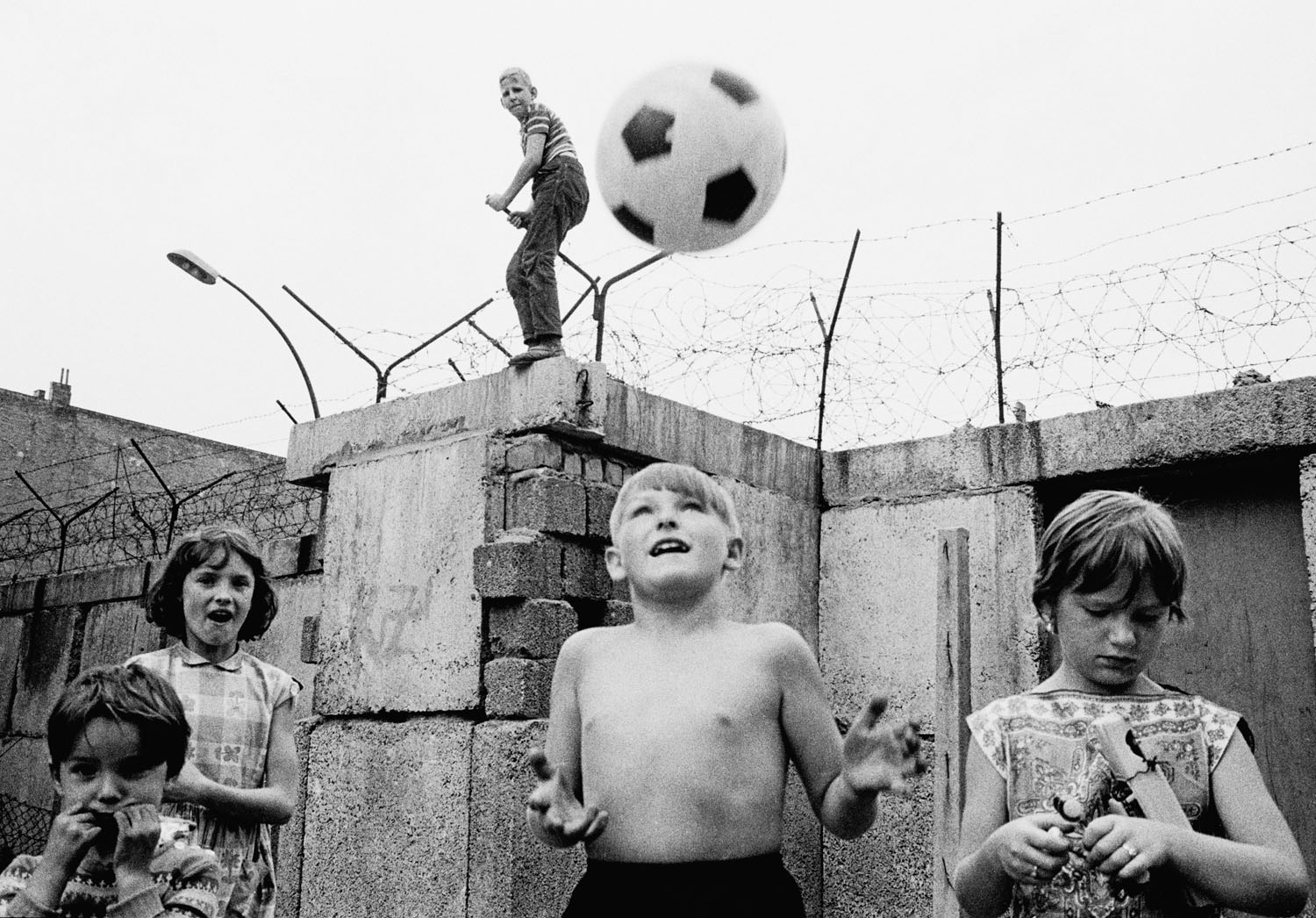
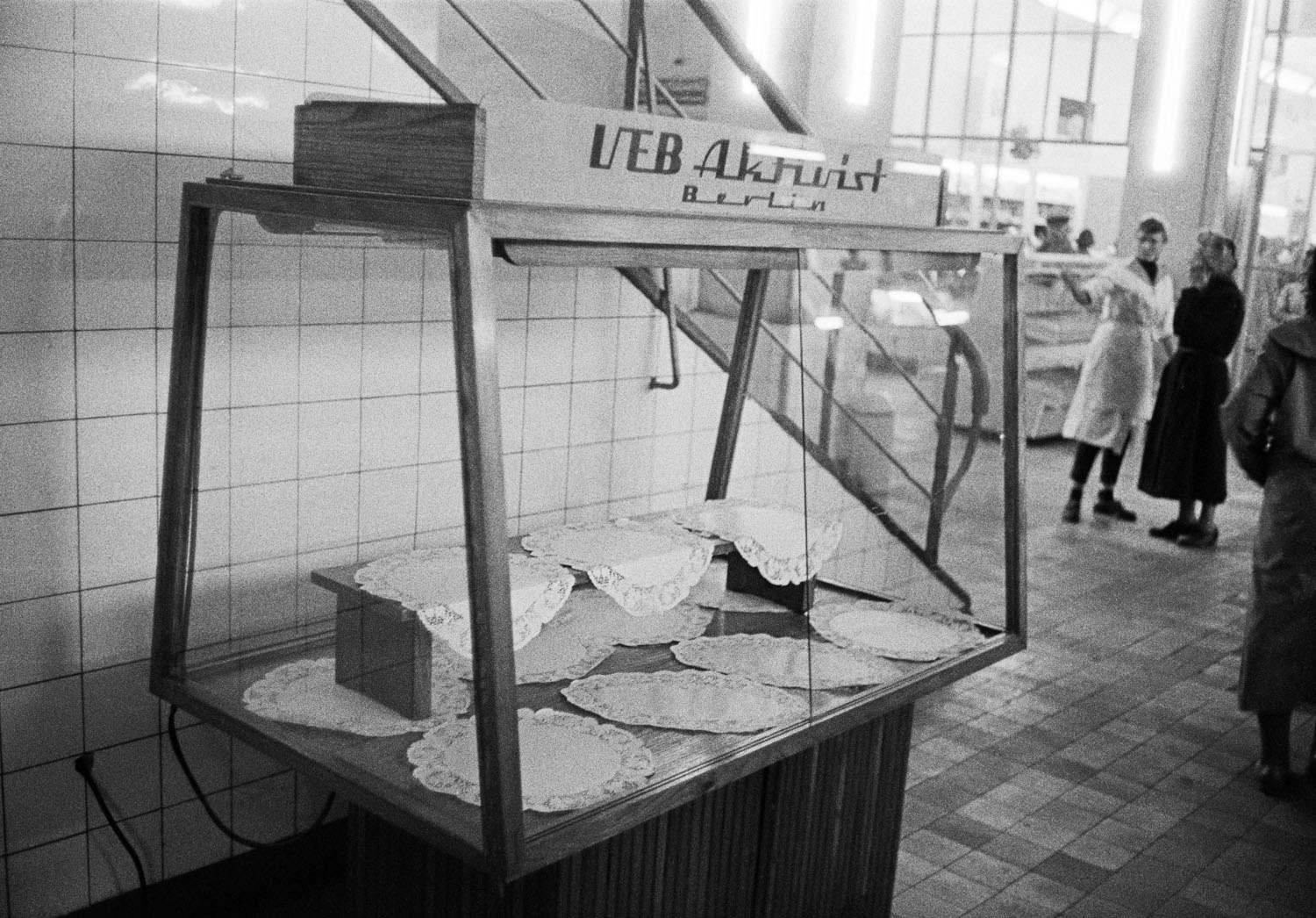
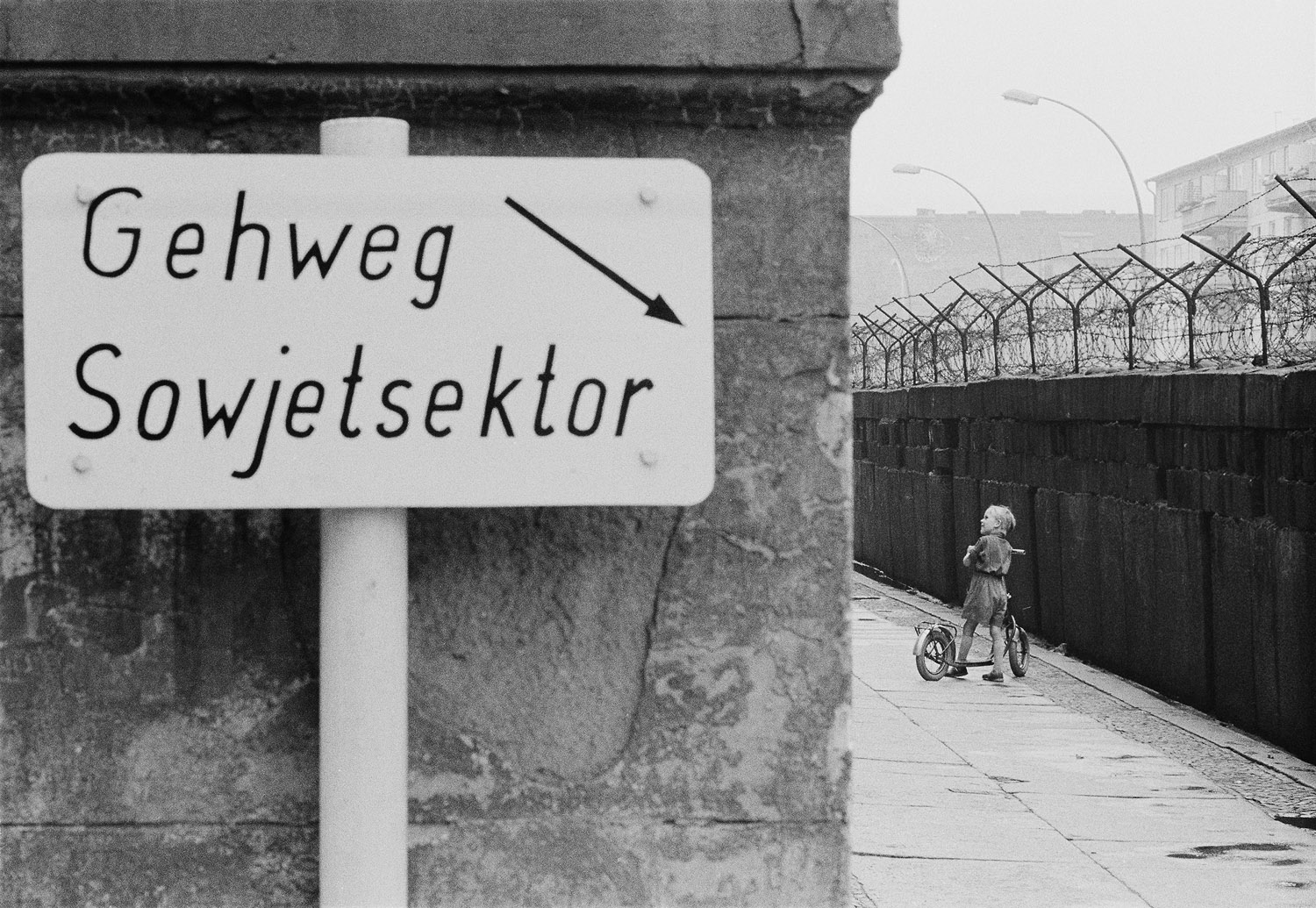
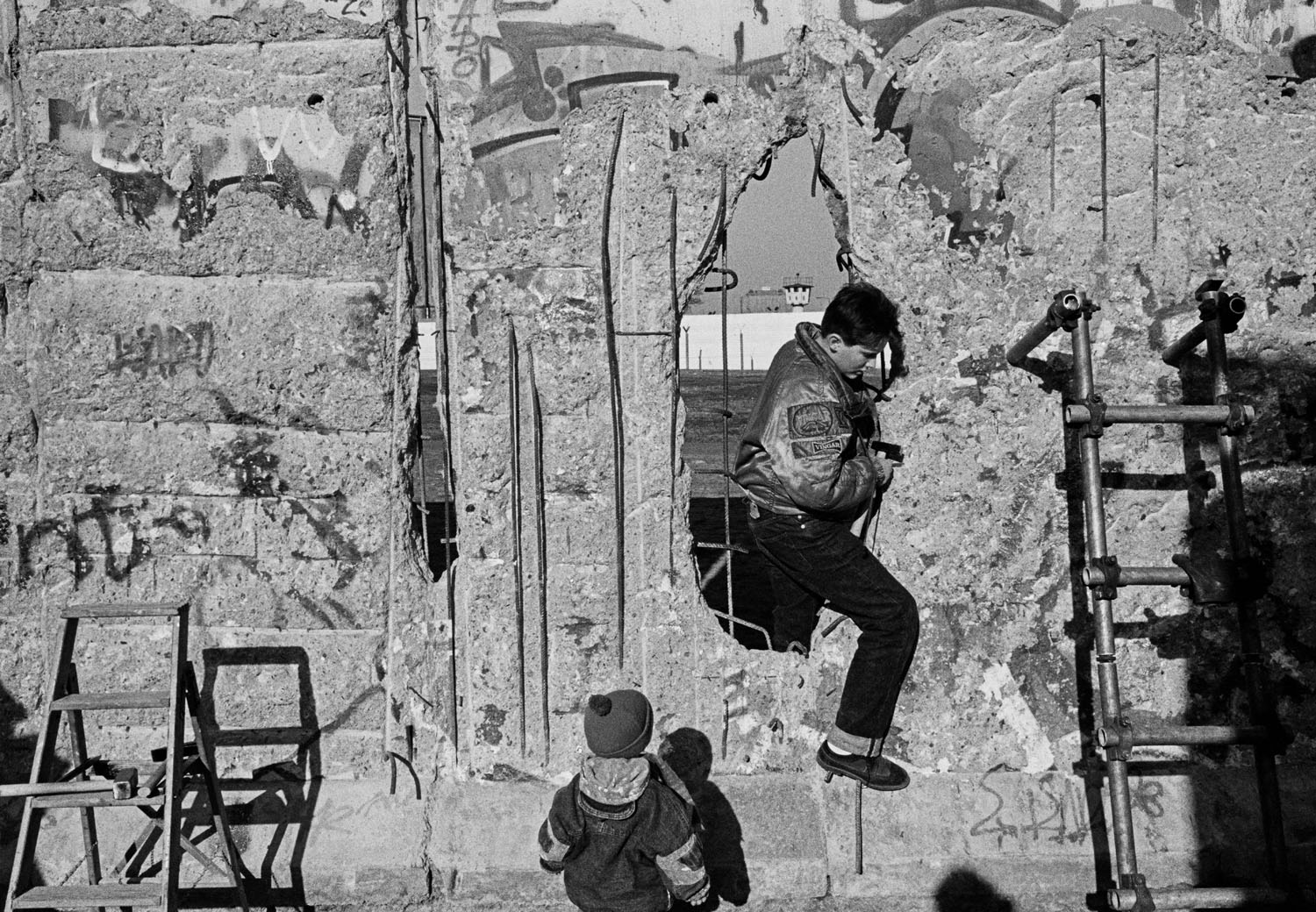
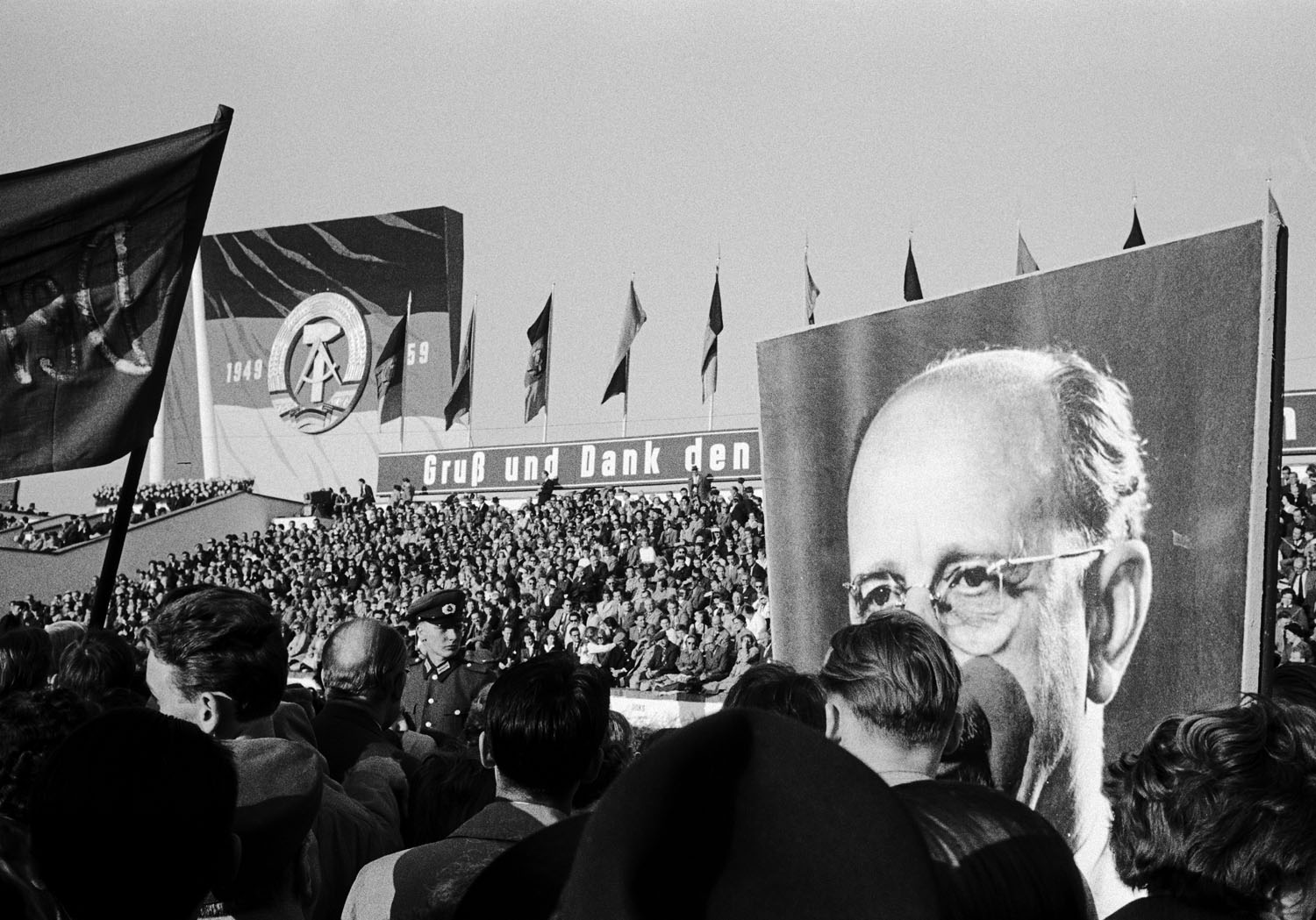
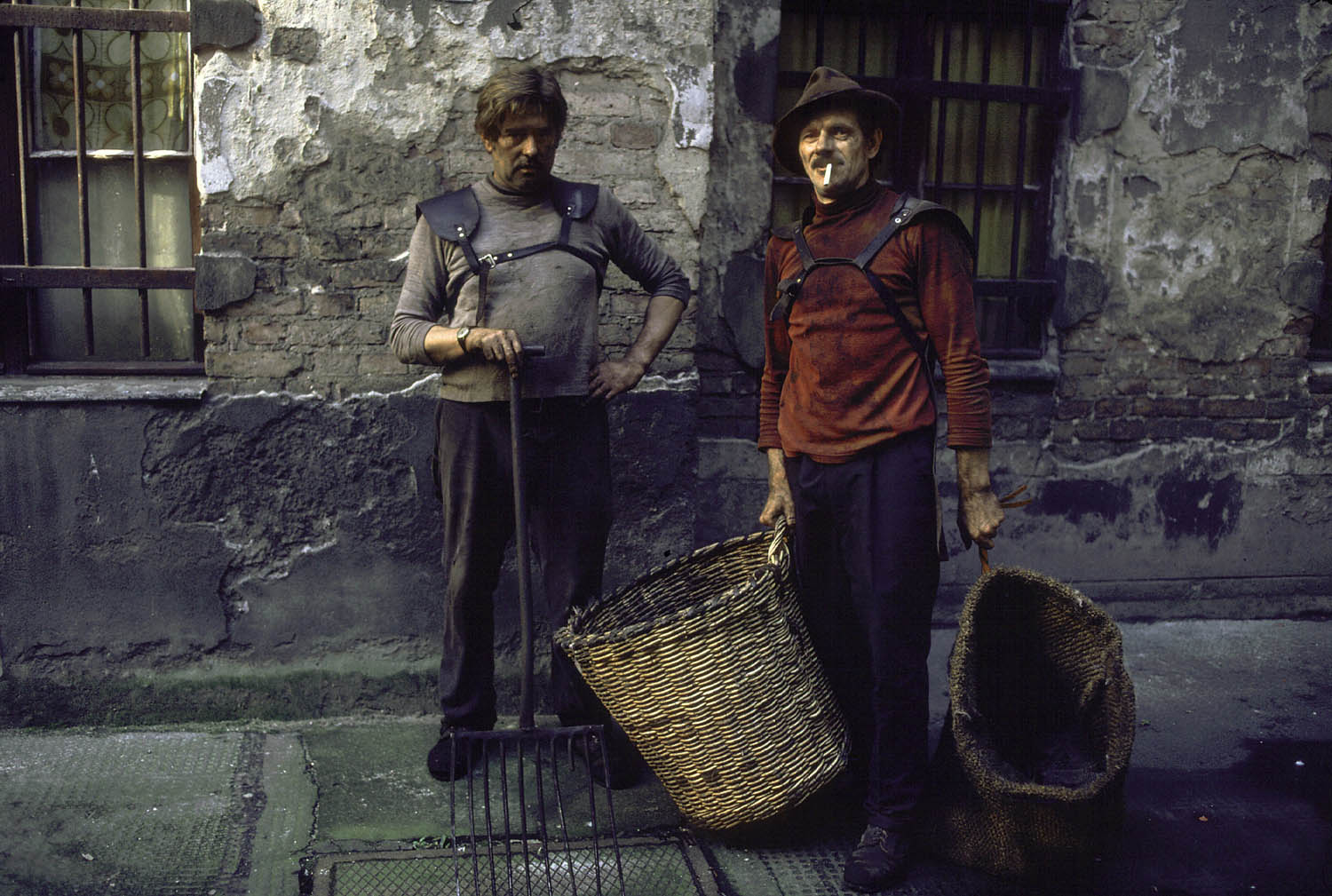
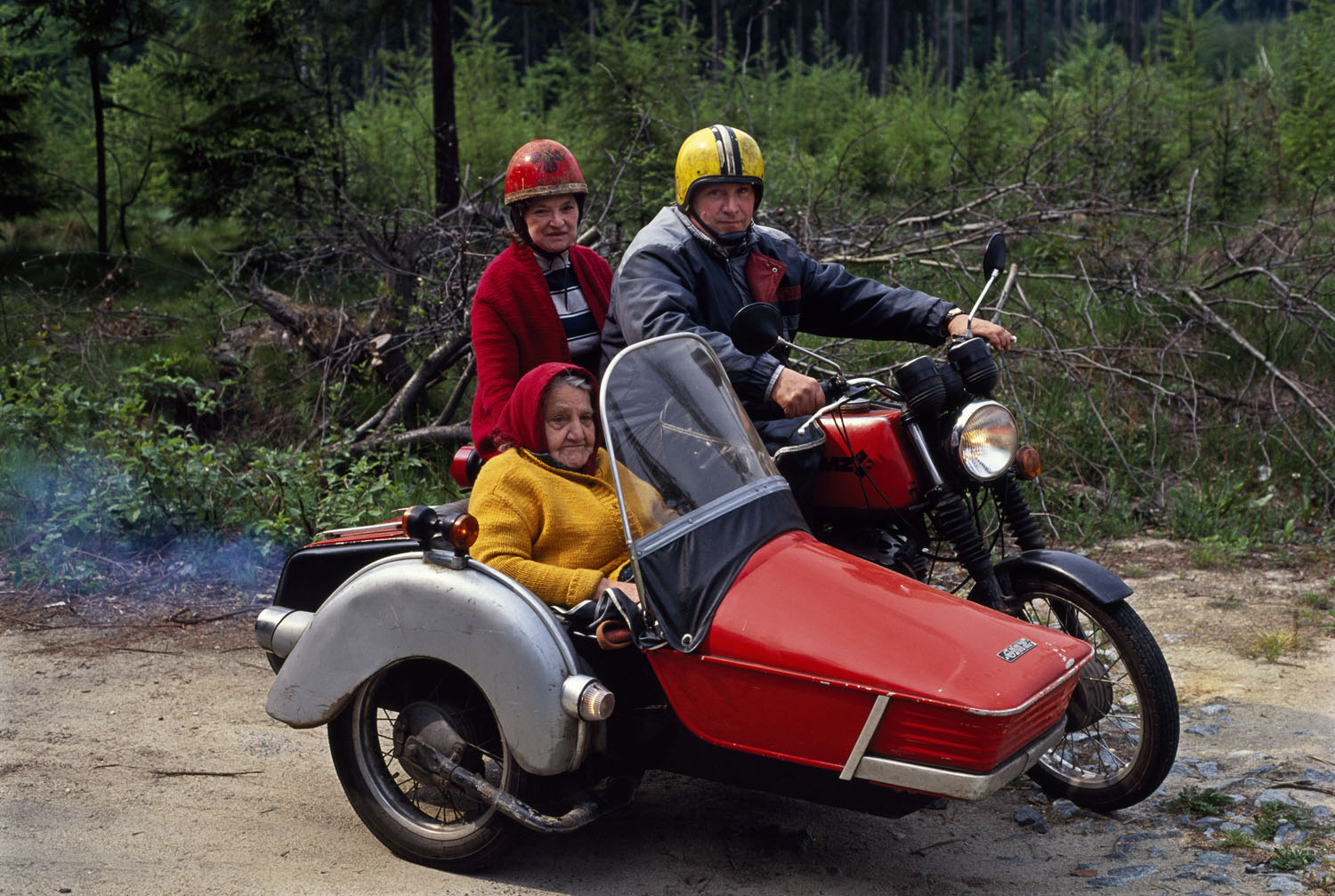
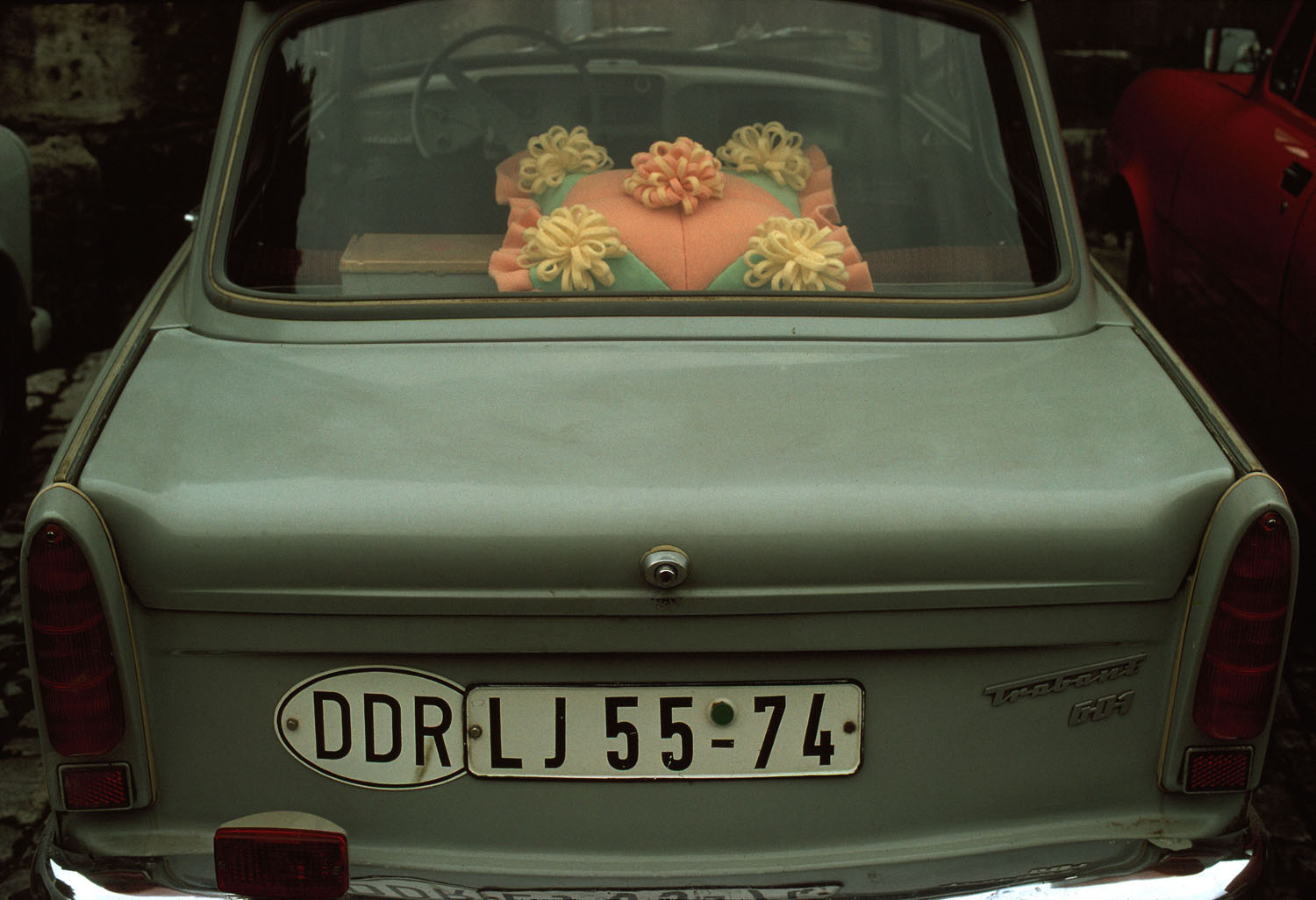
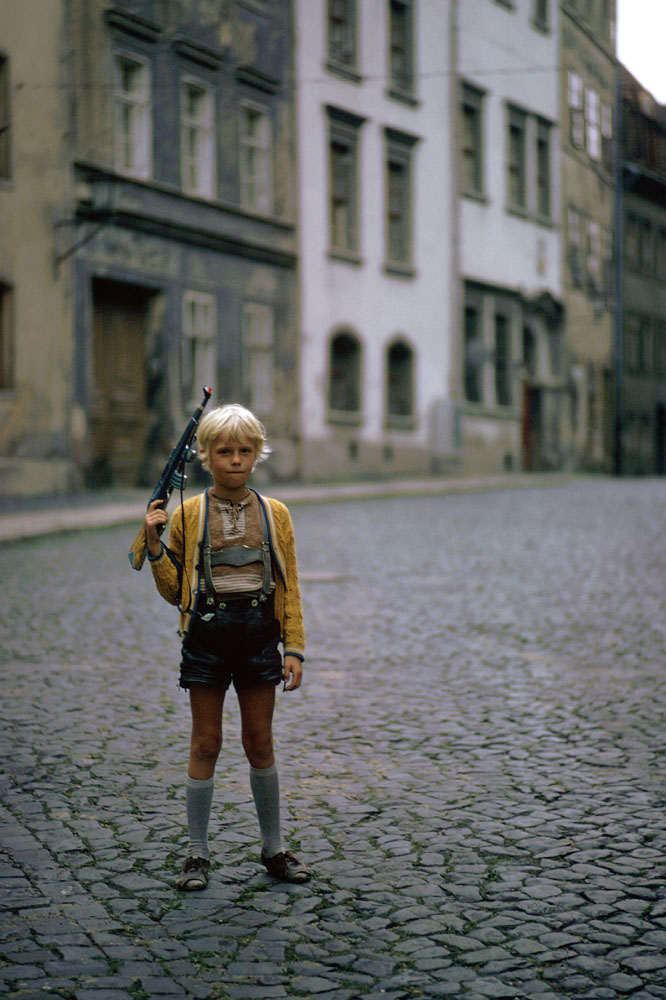
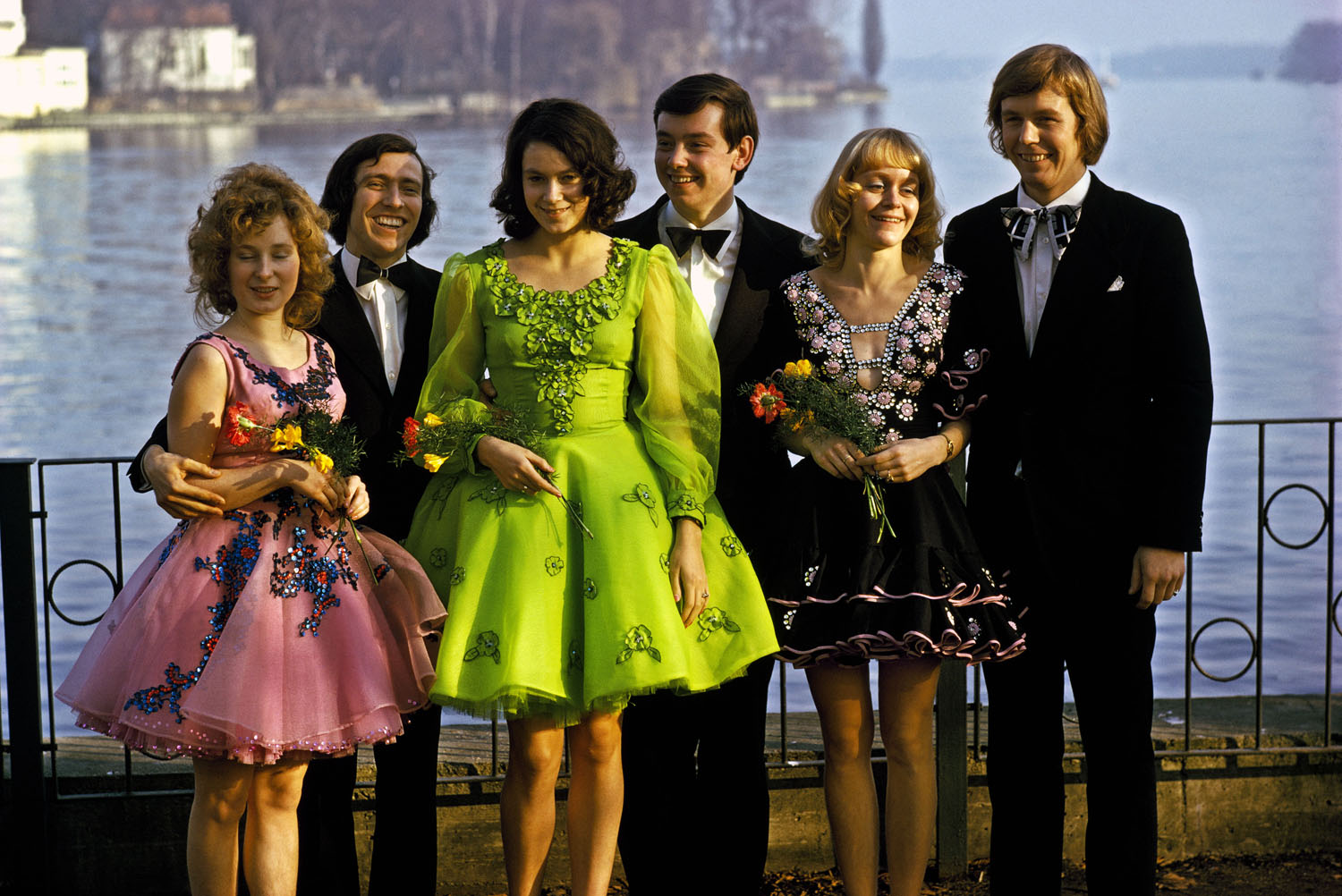
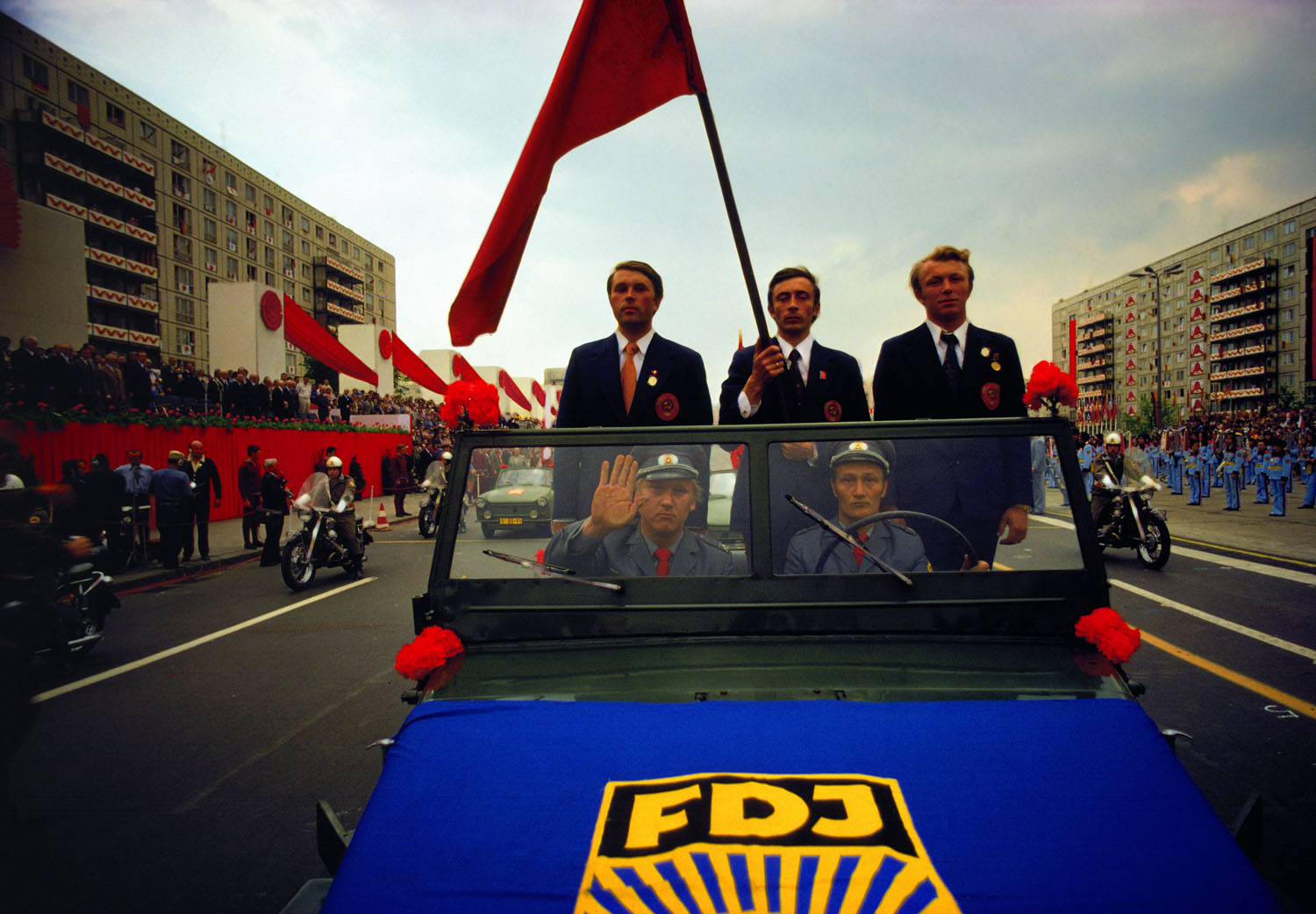
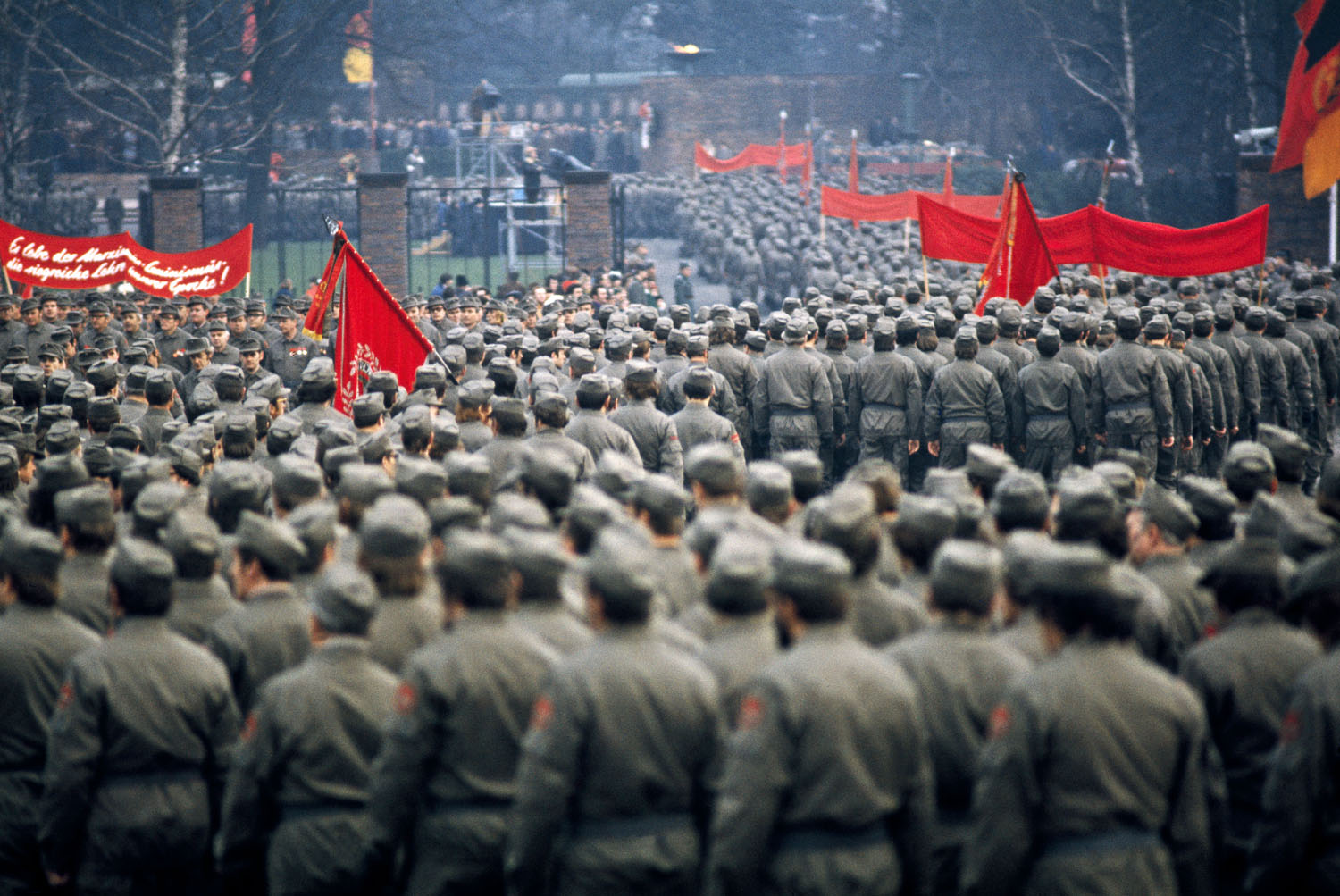
More Must-Reads from TIME
- Donald Trump Is TIME's 2024 Person of the Year
- Why We Chose Trump as Person of the Year
- Is Intermittent Fasting Good or Bad for You?
- The 100 Must-Read Books of 2024
- The 20 Best Christmas TV Episodes
- Column: If Optimism Feels Ridiculous Now, Try Hope
- The Future of Climate Action Is Trade Policy
- Merle Bombardieri Is Helping People Make the Baby Decision
Contact us at letters@time.com